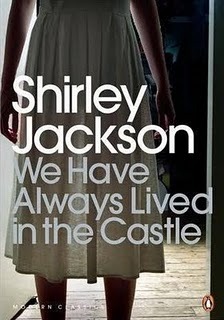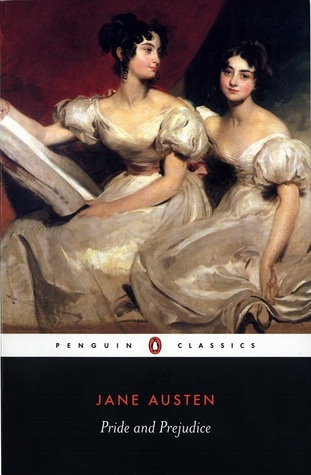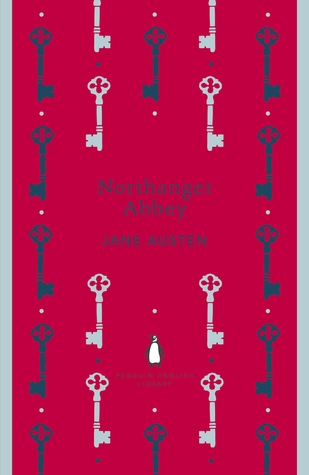
"I don't want to die!
Save me, somebody!
Save me!"
The tale of how a little girl named Fern, with the help of a friendly spider, saved her pig Wilbur from the usual fate of nice fat little pigs.
An affectionate pig named Wilbur befriends a spider named Charlotte, who lives in the rafters above his pen. In this story of friendship, hardship, and the passing on into time, White reminds readers to open their eyes to the wonder and miracle found in the simplest of things.
Don't hurt me but I've never read this. I know, even my own mother was shocked when I told her. Which is precisely why I chose it for my final Classic of the year, as something nice and easy to read before I broke up for Christmas.
For those who have been living under a rock and haven't read this, like me, basically a little girl looks after a piglet and watches him grow up in a barn. Wilbur the pig likes being looked after by Fern but when she leaves, he is alone. Until a spider in the corner talks to him, called Charlotte.
So, here are my thoughts: I know it's a children's book but it seemed really simple. Like, three word sentences simple. And yet, it used words like "perspiration"! While the story was pretty basic, I liked the message it gave, about friendship in all shapes and forms. It was also about growing up and being brave, which Wilbur was not, but Charlotte was. Charlotte is the one who comes up with the "miracle" of tricking the farmers and saving Wilbur.
I read this in three short sittings, just slipping into the old-fashioned and easy world of barn life and Wilbur's story. Definitely should have read it when I was younger but I'm glad I could see what all the fuss was about and finish this Classic's Challenge on a high.
Published 3rd July 2014 by Puffin Classics. First published 1952.















